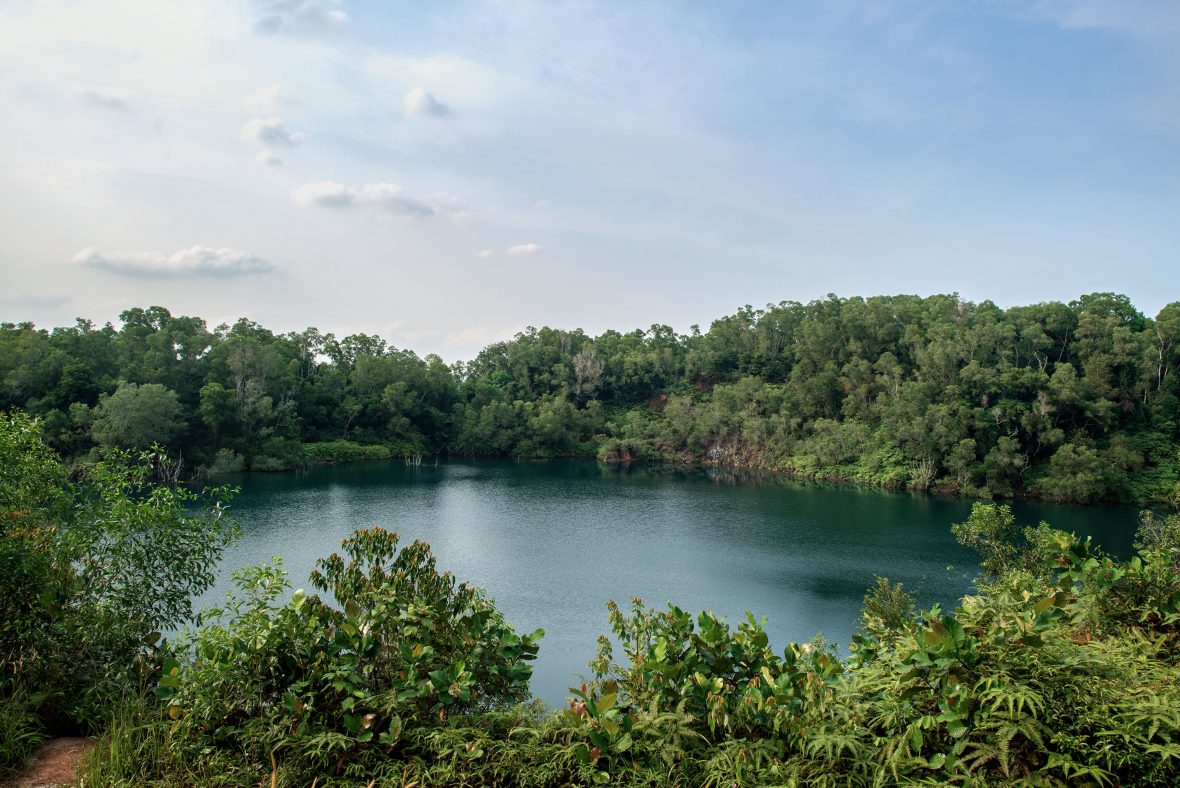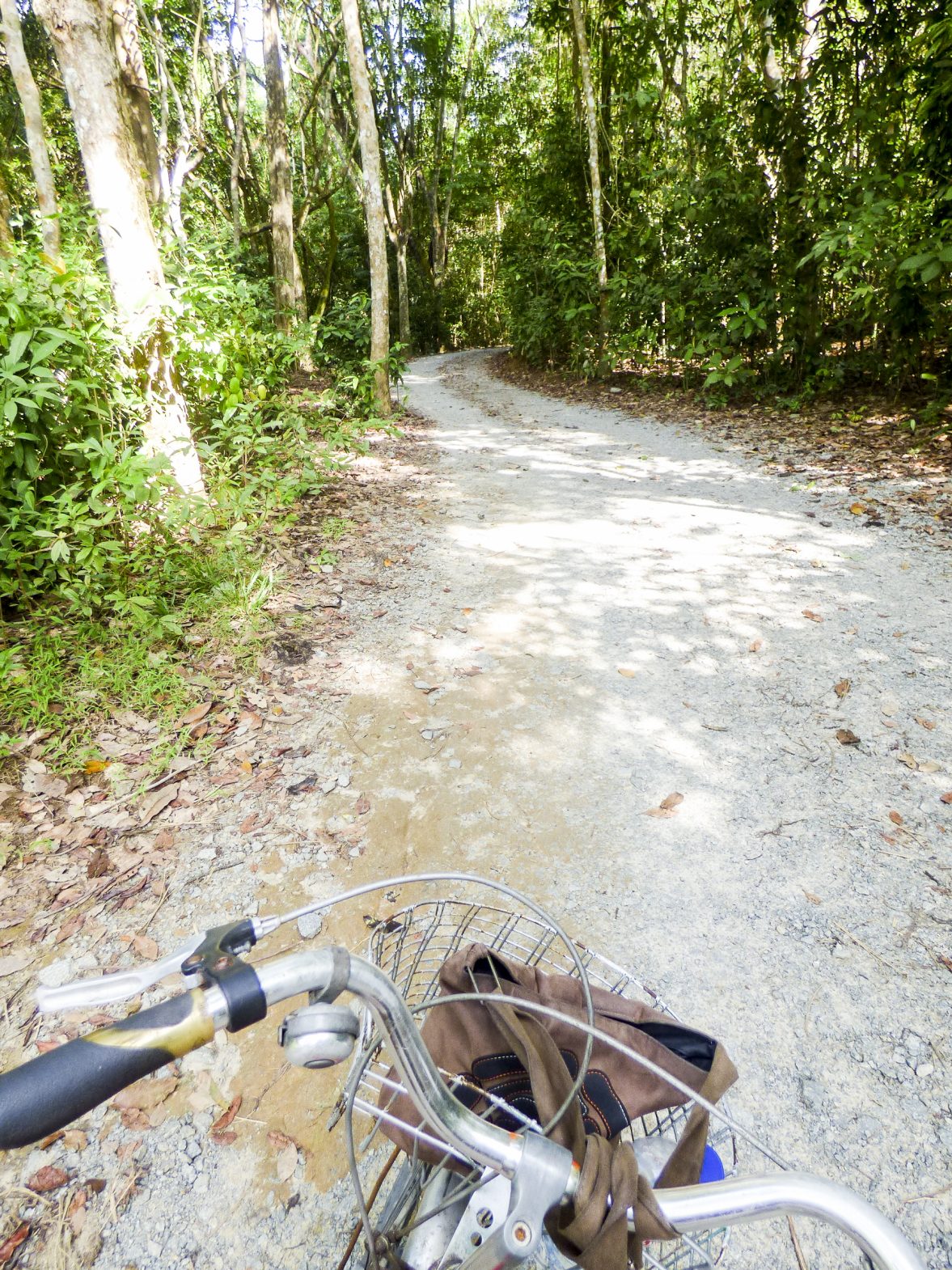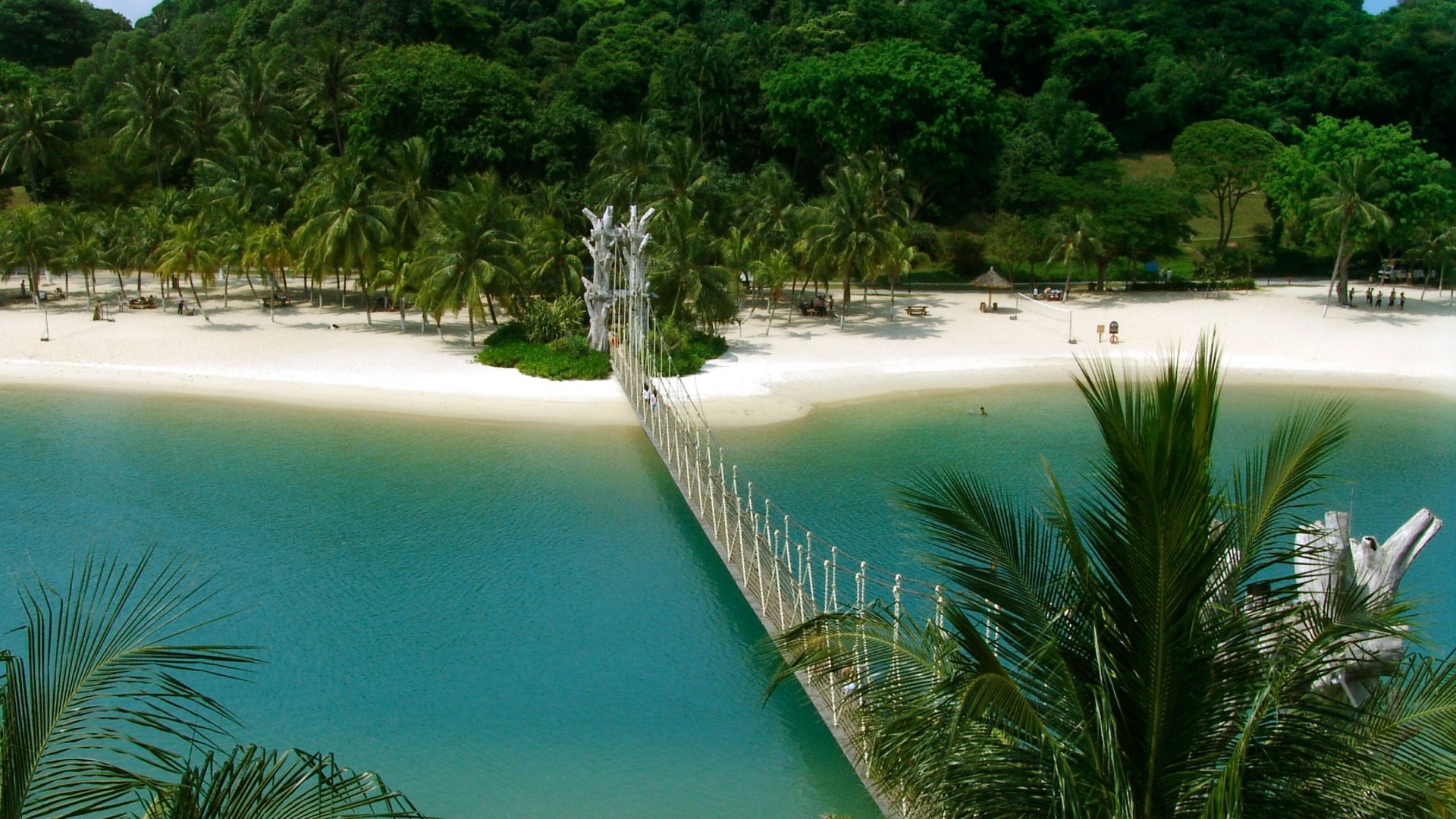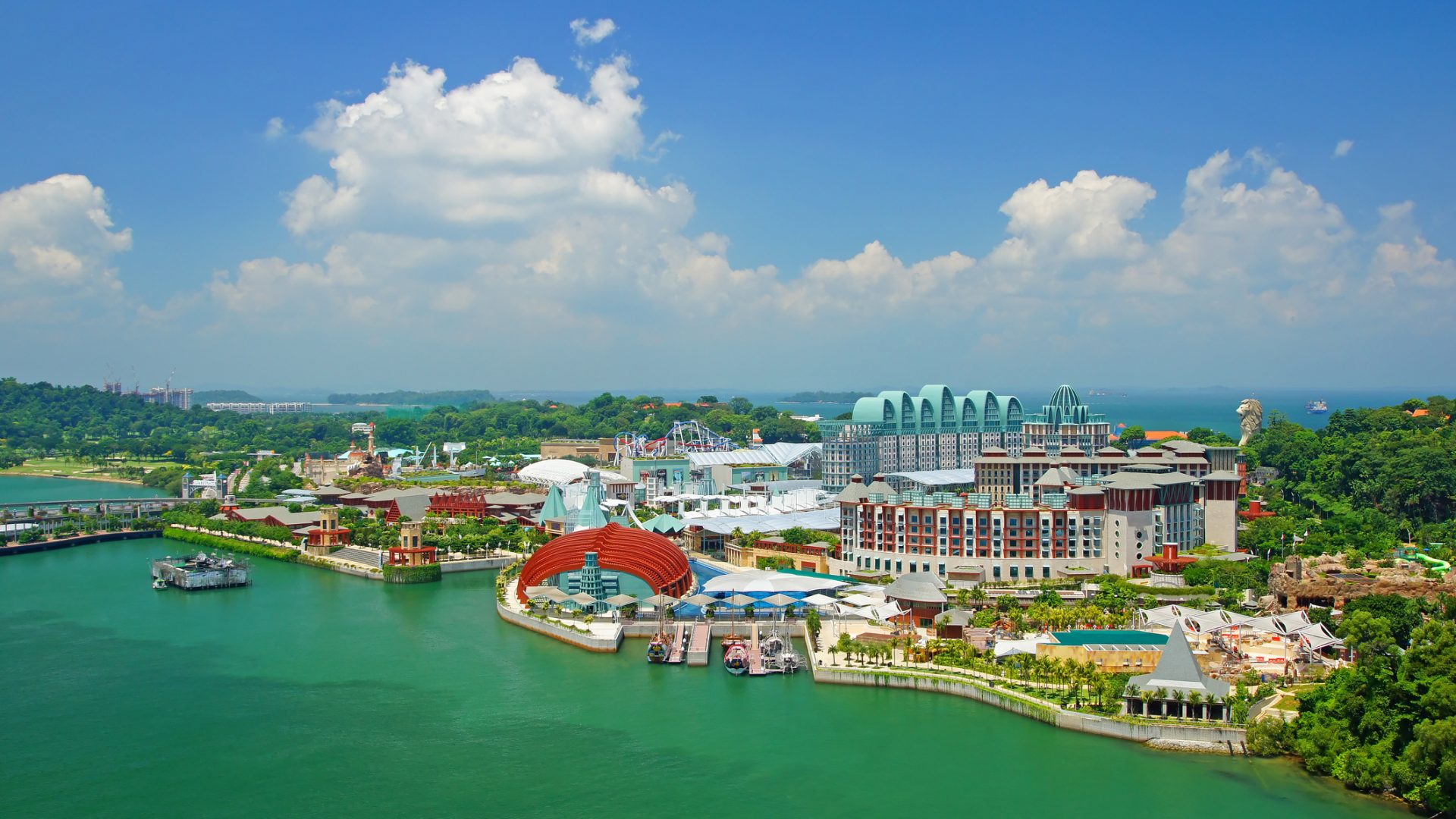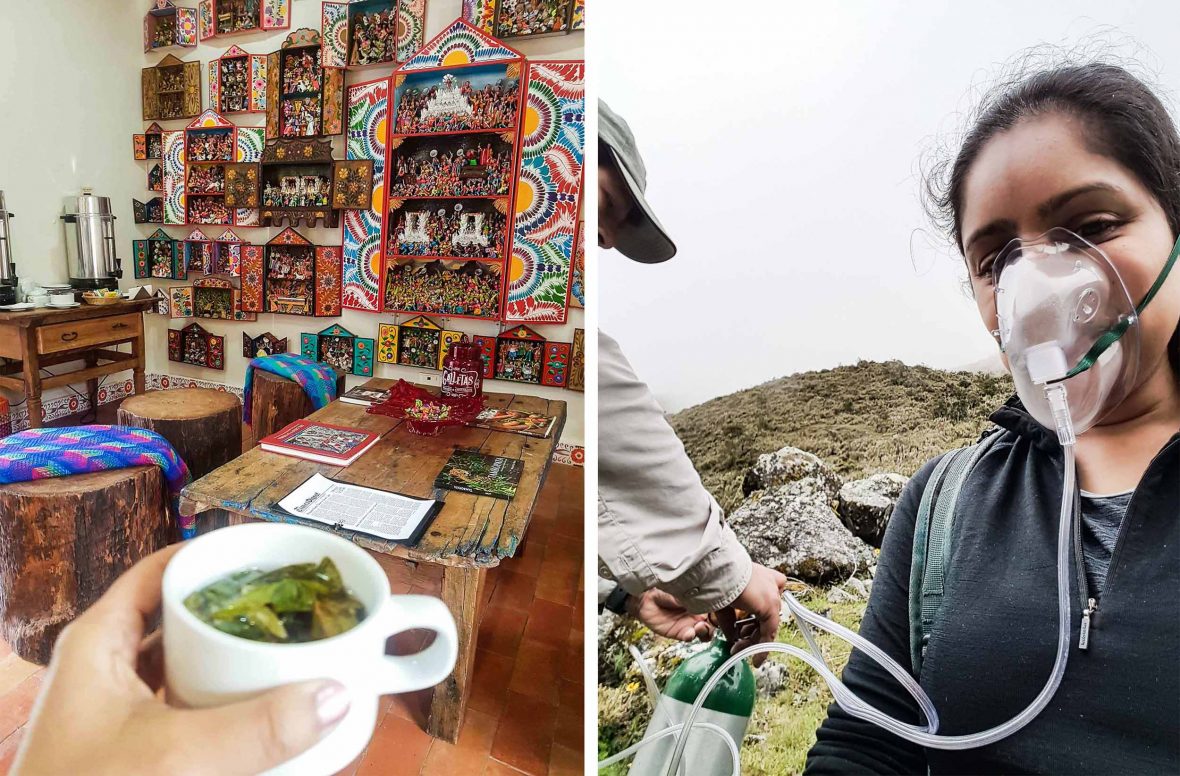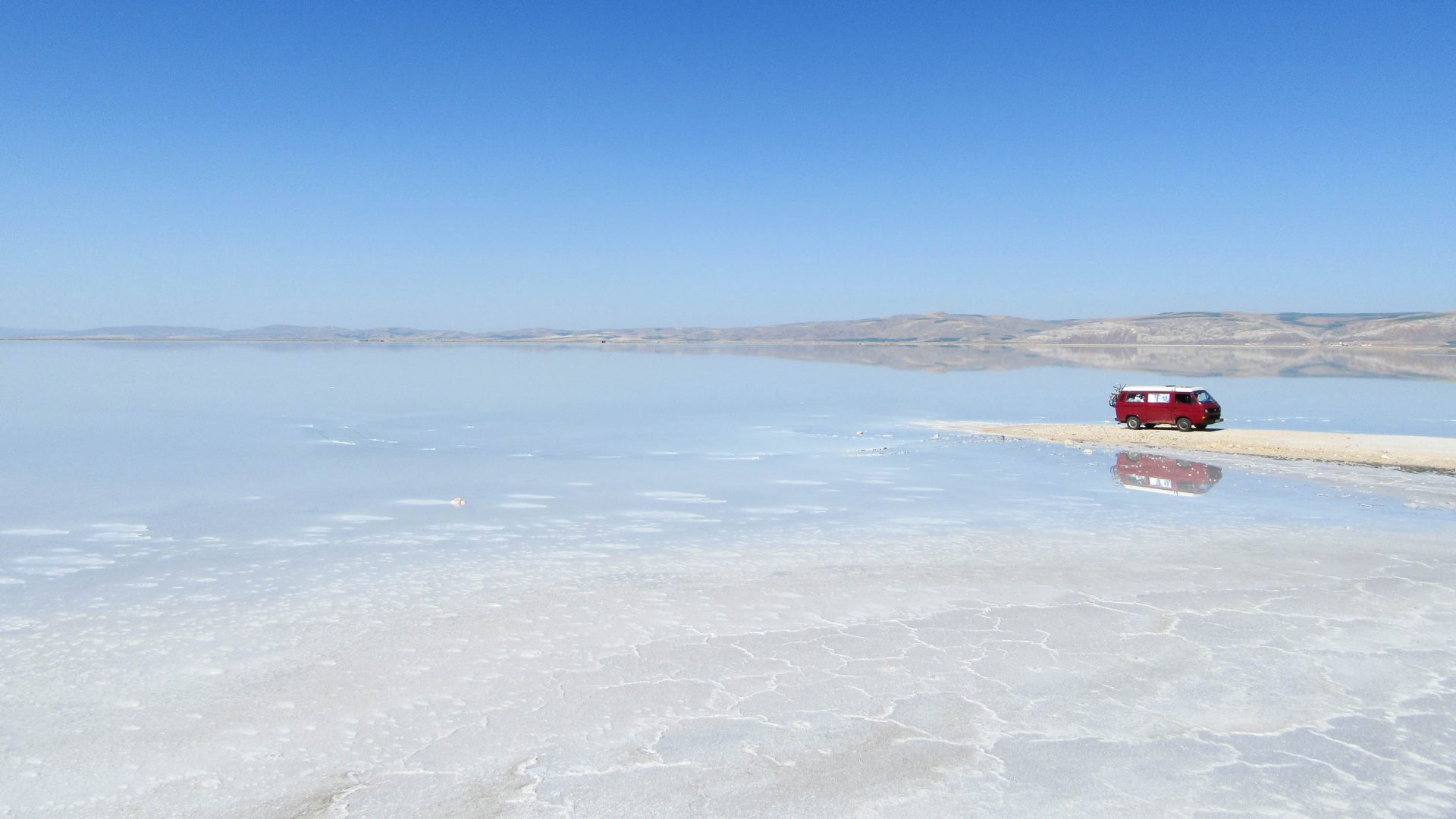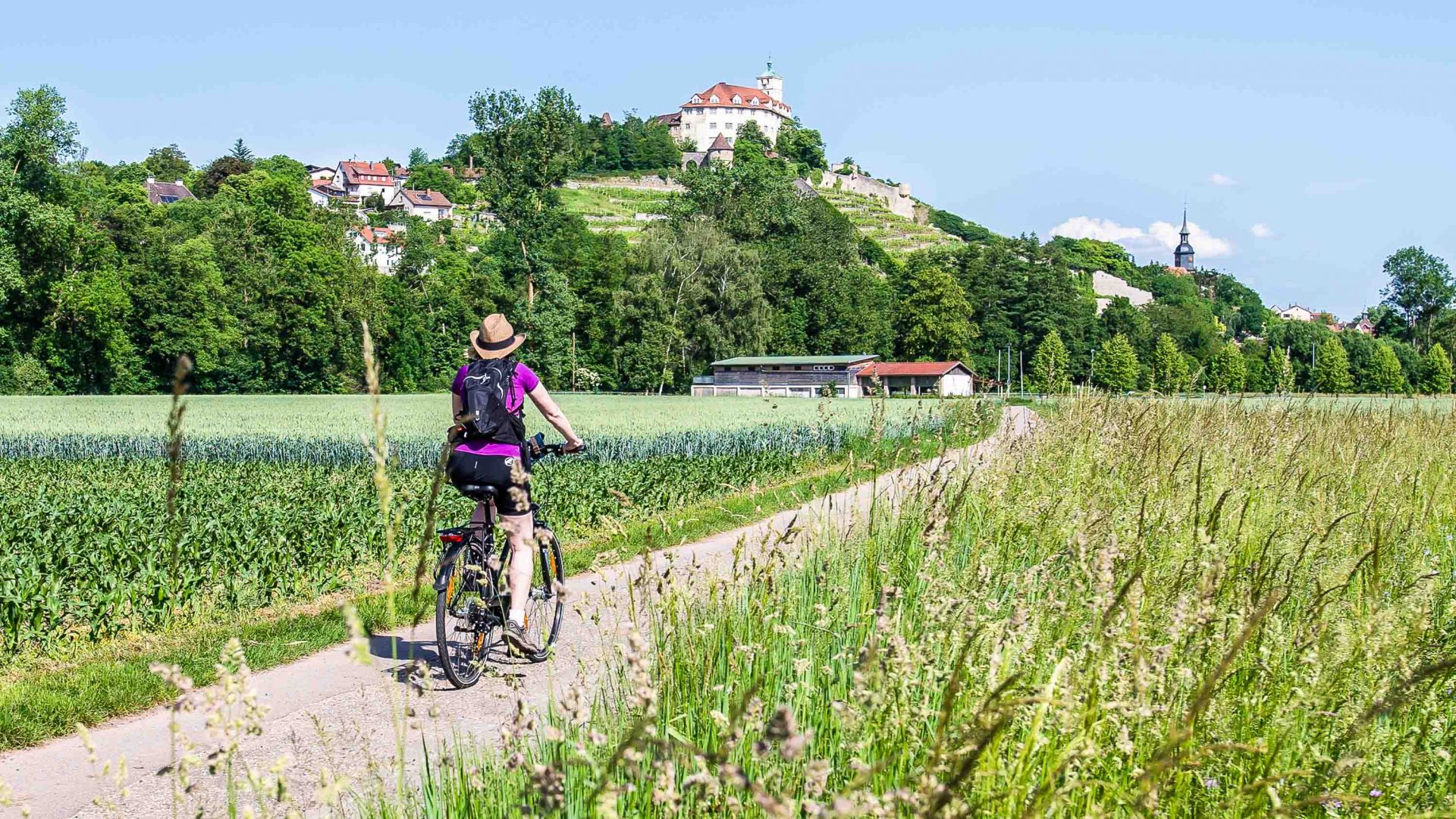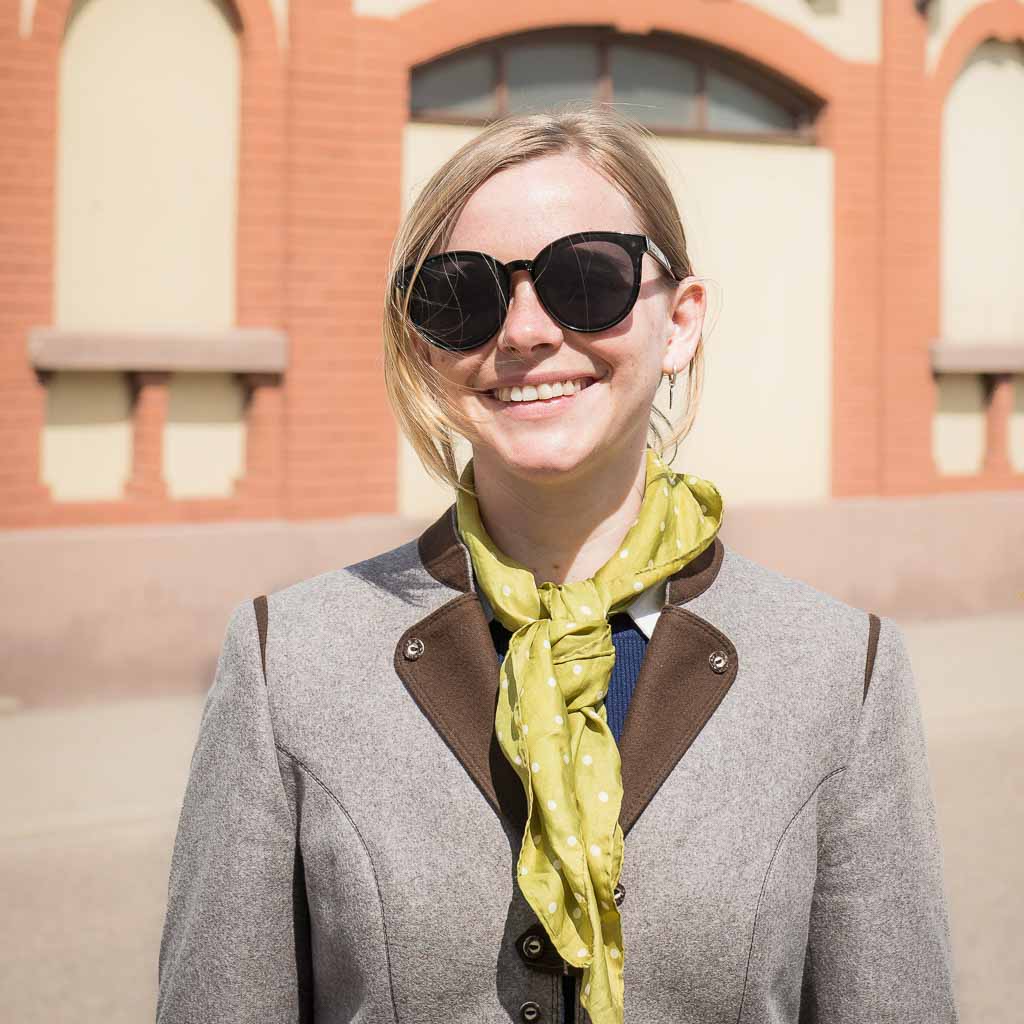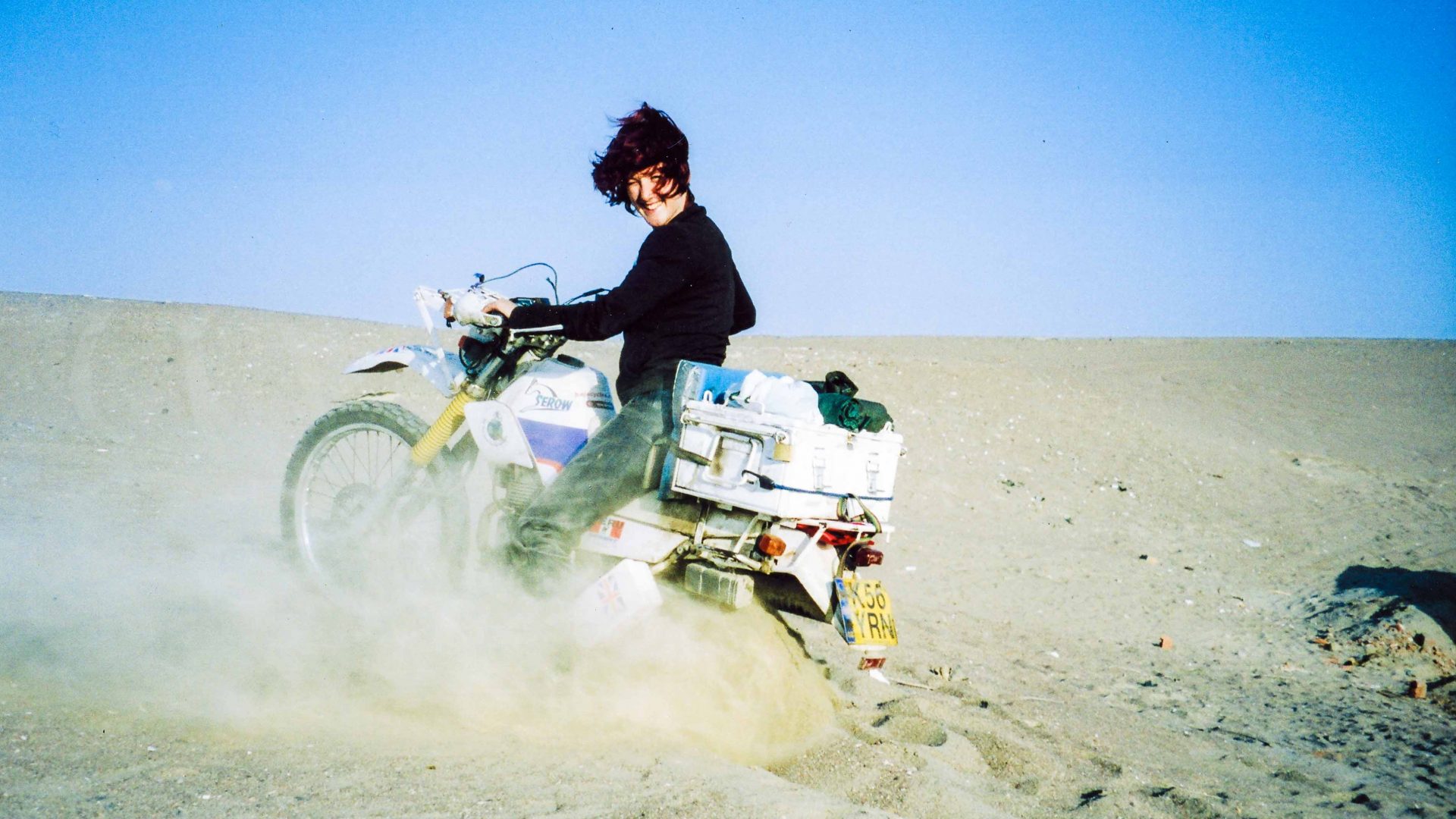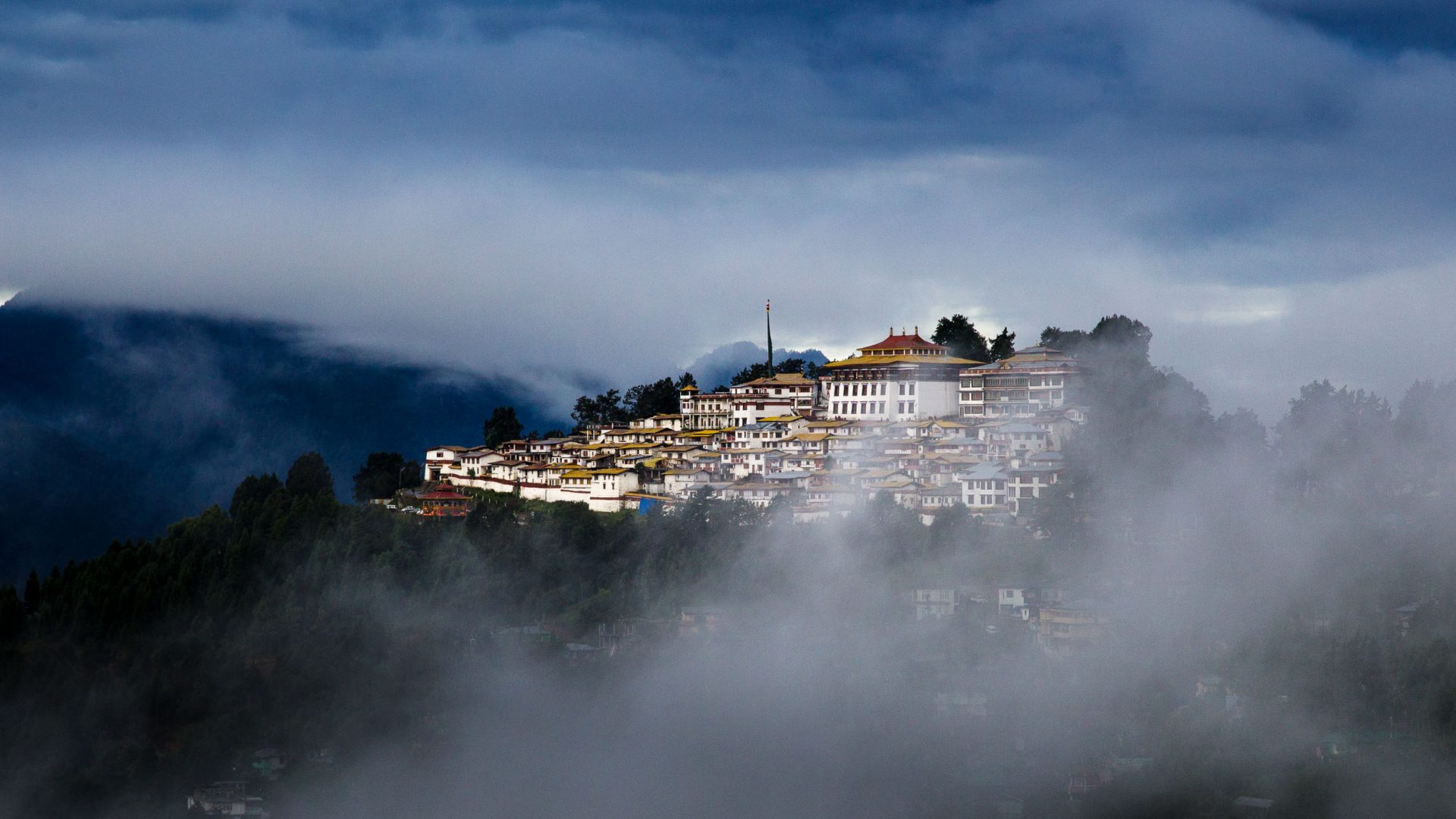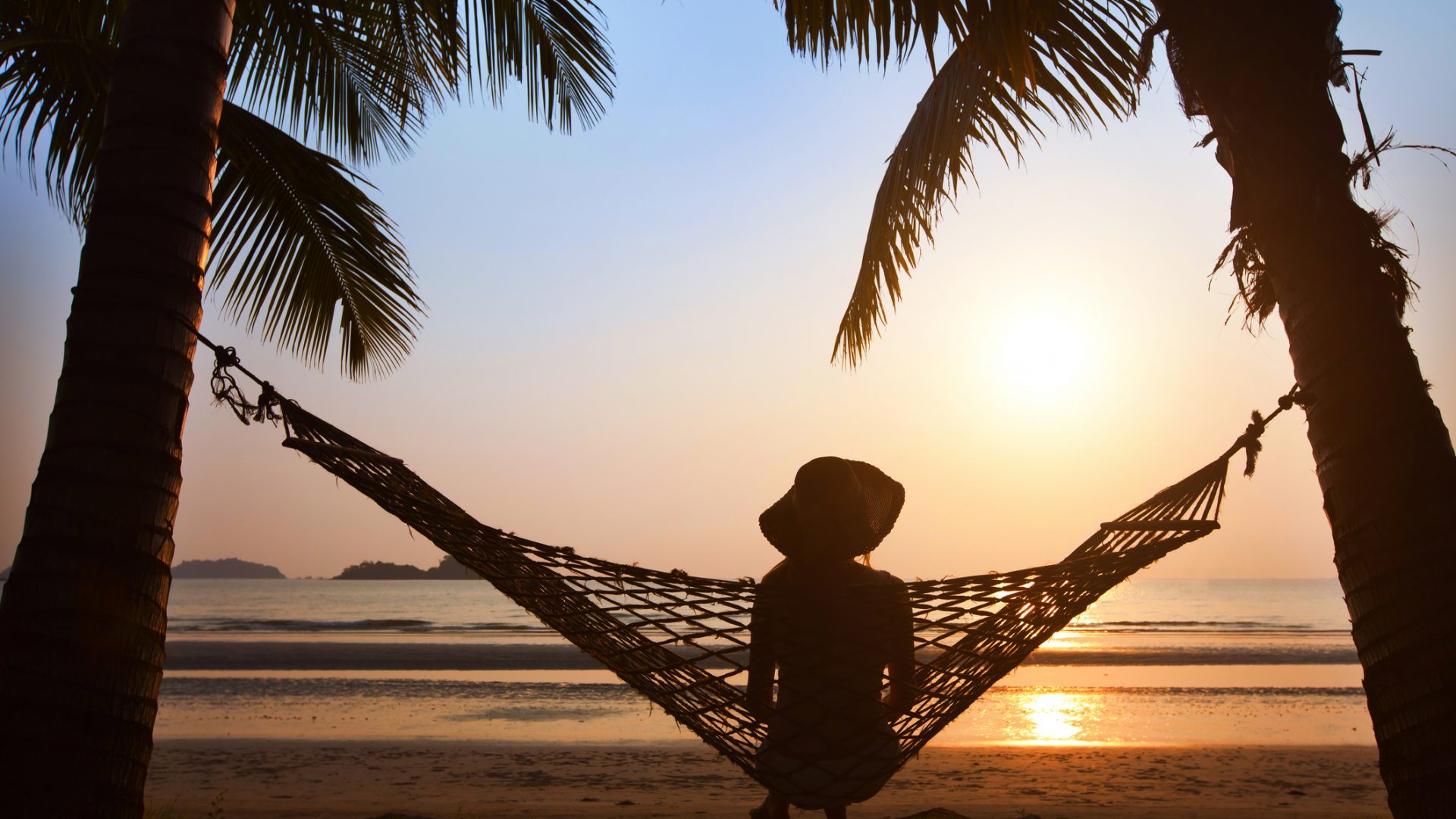
Solo travel is all kinds of liberating—after all, you get to call the shots on every aspect of your trip. But what happens when you get so ill that your decision-making abilities become practically non-existent?
It has been one of those glorious travel days. The type that makes you think, ‘Oh yes, I could do this forever. I will do this forever!’
I’m in Singapore at the end of a six-week trip around Indonesia. This morning, I took a local bus to Changi museum for a sobering history lesson, before hopping onto another bus to the pier where I boarded an old-style ‘bumboat’ ferry for the short ride to Singapore’s car-free island of Pulau Ubin.
With few facilities, Singapore’s last ‘kampung’ (village) is an antidote to the shiny city just a few miles away. And a day to myself on Pulau Ubin—cycling along quiet paths, spotting kingfishers, enjoying the views and finishing with a beer and fried rice by the water—has been joyous. It’s been a perfect day. And then it begins.



